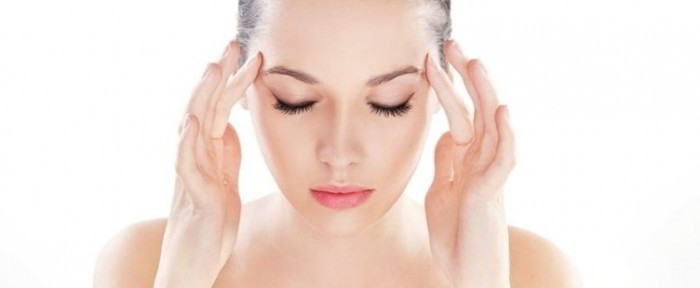Extremely common conditions that affect everyone occasionally and some people more often than others.Most of them aren’t any cause for stress sometimes, though, a headache is a symptom of a serious illness, for example meningitis or a brain haemorrhage, and needs urgent medical attention.
Head aches are the commonest of all head pains and appear for a ton of motives. Tension headaches are the most worldwide.
WARNING:
If your headache is severe, continues more than 24 hours or is accompanied by other symptoms, such as temperature, difficulties with your Eyesight or vomiting and drowsiness, you should seek medical help without delay.
What Are The Causes?
The causes of most headaches are uncertain, although many are clearly the result of muscular tension arising from the muscles of the neck and spreading across the scalp. There are many potential factors behind headache that determine where the pain is and how serious it is.
- About 3 out of 4 head aches are due to tension in the scalp or neck muscles due to pressure. Tension headaches often occur often and cause reasonable pain, especially at the rear and front of the head. It’s frequently described as a tight band encircling the head.
- Other common factors behind headache include a hangover, unusual meals, long journeys, sound, a stuffy feeling, thundery weather, and too much sleep, an excessive amount of excitement, fever, sinusitis and toothache.
- Reassuringly, hardly any headaches have a serious underlying cause and all that’s needed are self-help measures including painkillers, relaxation exercises, aromatherapy, yoga or slumber.
- It is a myth that high blood pressure causes headaches, unless it is exceptionally high.
Symptoms of Headaches
Headaches are described as a pressure on the top of the head, a band drawn across the skull or a constant throbbing pain.
Symptoms that may point to serious Cause Of Headache
- Sudden onset over seconds or minutes (Weeding around ; the brain)
- A fever, neck stiffness and aversion to bright lights (meningitis or encephalitis)
- Loss of use or clumsiness in a limb (brain tumour or blood clot oil the brain)
- Following a head injury (blood clot on the brain)
- Worse in the mornings and with nausea or change of personality; the new onset of epileptic fits (brain tumour)
- Migraine for the First time or worsening after beginning the contraceptive pill (sensitivity to the hormones)
Along with these, doctors would look for irregular pupils, disturbed thought or behaviour, weakness in limbs and raised pressure within the skull as seen by examining the back of the eyes.
Headaches Needing Urgent Medical Attention
- A severe headache with fever, a stiff neck and rash may be a hint of meningitis, a condition at which membranes covering the brain and spinal cord become inflamed.
- A surprising headache that feels like a strike to the rear of the head could be a subarachnoid haemorrhage, in which bleeding occurs between the membranes covering the brain.
- In aged individuals, a headache with tenderness of the scalp or temple may be expected to temporal arteritis, in which blood vessels in the head become inflamed.
What Might Be Done?
If your physician suspects an underlying condition is causing your headache, you may need evaluations, including computerized tomography (CT) scan or magnetic resonance imaging (MRI) of your brain, and an opinion from a neurologist.
What is The Treatment?
Treatment is dependent upon the origin of the headache. As an example, a tension headache will generally clear up with rest and painkillers.
Complementary Treatment
The Alexander Technique encourages the release of muscle tension in the neck.
Chiropractic and osteopathy – loss of joint movement and flexibility in the neck with associated muscle spasm contribute to headache and migraine. These manipulative therapies can help, although they work on different principles. Diet – a naturopath or nutritional therapist could offer dietary advice which would help reduce the seventy and frequency of headaches. Other therapies to try: most have something to offer.
Diet – a naturopath or nutritional therapist could offer dietary advice which would help reduce the seventy and frequency of headaches. Other therapies to try: most have something to offer.


 (50 votes, average: 4.86 out of 5)
(50 votes, average: 4.86 out of 5)